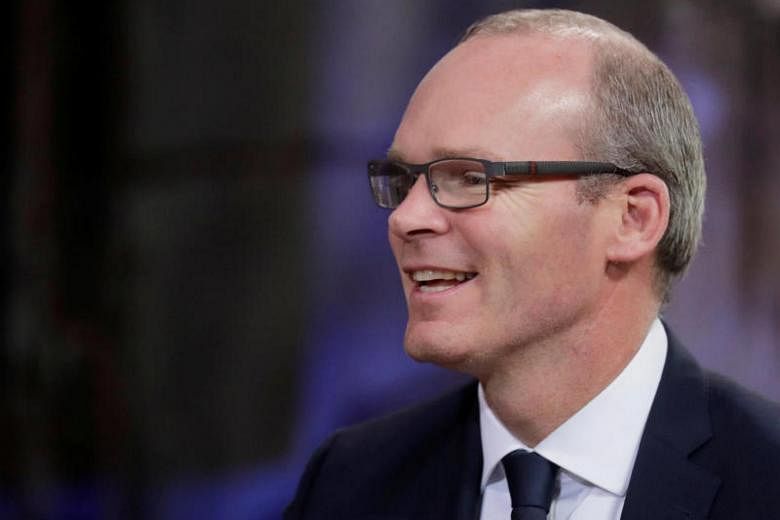BELFAST/DUBLIN (REUTERS) - The British government is to move to directly impose an annual Budget on Northern Ireland for the first time in a decade after attempts to form a power-sharing government between Irish nationalists and pro-British unionists collapsed.
The move is a major step towards a return to direct rule from London, which many fear would destabilise the delicate political balance in Northern Ireland.
It also creates a major headache for British Prime Minister Theresa May as she negotiates Britain's exit from the European Union.
Irish Nationalists Sinn Fein and the pro-British Democratic Unionist Party have shared power in Northern Ireland for a decade under the terms of the 1998 Good Friday peace agreement, which ended three decades of violence in which 3,600 died.
But Sinn Fein pulled out in January, complaining it was not being treated as an equal partner. The latest round of talks on re-establishing the devolved executive collapsed in failure on Wednesday (Nov 1).
"Sinn Fein is disappointed that the last few weeks of negotiations have ended in failure," Sinn Fein's leader in Northern Ireland, Ms Michelle O'Neill, told journalists.
Sinn Fein leader Gerry Adams said the party was open to dialogue, but only if it was meaningful.
Britain's Minister for Northern Ireland, Mr James Brokenshire, said that as there was no immediate prospect of a new executive being formed, he had no choice but to start the process of setting a Budget directly from London to ensure funding for essential services.
"This can't simply continue forever and a day... There are decisions that have been stored up that have to be taken," he told journalists.
The Budget process could be handed back if agreement is reached between the two parties, he added.
IRISH ROLE?
In a bid to put pressure on the politicians, Mr Brokenshire said he would take advice as to whether the salaries of the deputies in the Northern Ireland devolved Parliament should be cut while there is no executive.
He said such a move would require legislation in the British Parliament at Westminster.
The Budget move also revives the question of what role the government of the neighbouring Republic of Ireland should have in the governance of Northern Ireland if power-sharing collapses.
Dublin argues that under the terms of the Good Friday Agreement, it should have a role in the direct running of the region, which borders Ireland, if power-sharing breaks down.
Foreign Minister Simon Coveney in September said, "There can be no British-only direct rule," which prompted a British government spokesman to say Britain would "never countenance" joint authority.
Sinn Fein on Wednesday called on Ireland to play a role, saying the British and Irish governments should together "act urgently to deliver equality" in Northern Ireland.
Mr Coveney on Wednesday said the collapse of talks was "regrettable and deeply concerning" and that direct rule could complicate relations with London at a time when it is trying to negotiate favourable terms for Britain's exit from the European Union.
"The prospect of direct rule in Northern Ireland and the Irish government's insistence on having a role in that - an appropriate role consistent with the Good Friday Agreement - is not where we want to be," he told RTE radio.

